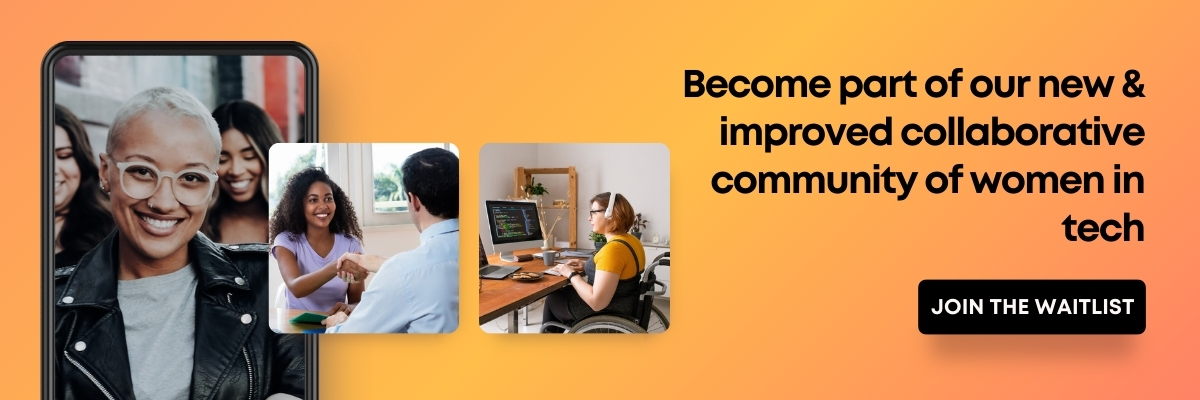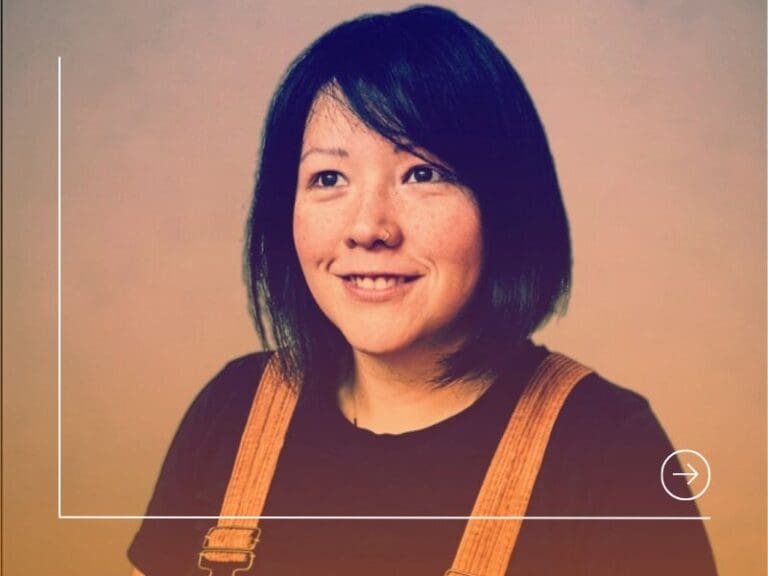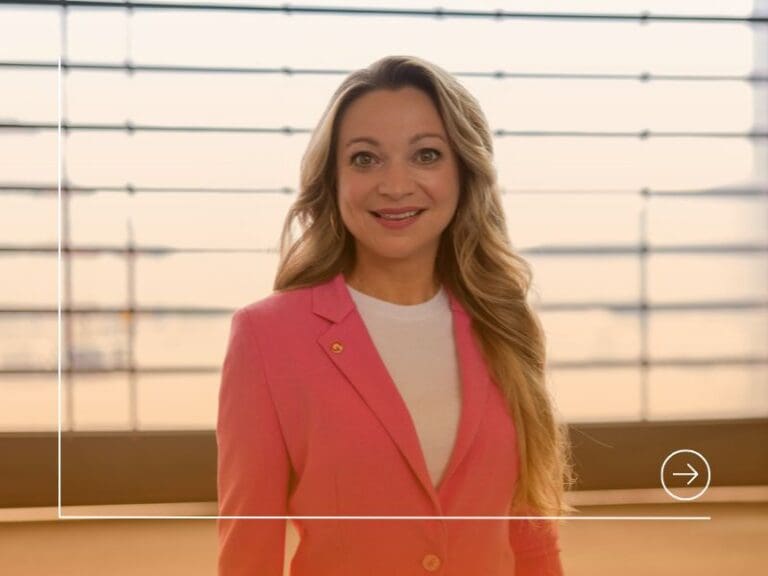I initiated my career in technology as a UX consultant, focusing on B2B and data management solutions. Subsequently, I embarked on a remarkable chapter with the LEGO Group, where I have worked for the past five years.
During my time here, I have worked on several different digital HR products, but after an internal move, I now design digital tools for the operators on the manufacturing shop floor.

How did you land your current role? Was it planned?
With a master’s degree that bridges IT and liberal arts, my career could have branched into various, significantly different avenues —and it is not meticulously planned that I ended up where I am now. I have always tried to navigate using my intuition and my values, which also led me to the LEGO Group —a company whose values resonate with my own.
While the area of manufacturing technologies was completely new to me, I pursued my current role because I was captivated by its somewhat tangibility and the opportunity to connect with the people behind the beloved bricks.
What are the key roles in your field of work, and why did you choose your current expertise?
 In my role, I conduct research to understand users’ needs, business objectives, and technological possibilities. It is a very intricate task aligning diverse, sometimes opposite, goals, in which I strive to find a common ground. Ultimately, though, I am an advocate for the end-user, dedicated to putting them at the forefront of our decisions. Once requirements are settled, I sketch, prototype, and build the solutions together with the engineering team.
In my role, I conduct research to understand users’ needs, business objectives, and technological possibilities. It is a very intricate task aligning diverse, sometimes opposite, goals, in which I strive to find a common ground. Ultimately, though, I am an advocate for the end-user, dedicated to putting them at the forefront of our decisions. Once requirements are settled, I sketch, prototype, and build the solutions together with the engineering team.
As a Digital Product Designer, I am fuelled by a curiosity to understand human behavior and an interest in optimizing our ways of working within design. I was drawn to this field due to its multifaceted nature—I have very tangible design tasks, but I also tackle complex, abstract problems. Additionally, I interact with a wide array of people and get to empathize with their daily experiences. I find it particularly fascinating and integral to my work that I get to experience problems through many lenses.
Did you (or do you) have a role model in tech or business in general?
I am continually inspired by the multitude of people I encounter, each with their own set of admirable qualities. Instead of a single role model, I try to notice the everyday acts of kindness, bravery, curiosity, etc. Among these, I find it particularly inspirational when people dare to express emotions and dare to be vulnerable, especially as leaders.
I applaud leaders who put a lot of effort into cultivating trust and acknowledge the integral role of emotions in decision-making. Recognizing and embracing this, I believe, can break down barriers, enhance efficiency, and foster a more authentic work environment. It challenges the stereotypical image of the tech industry as a place of logic and rationality.
Are there any specific skills or traits that you notice companies look for when you’re searching for roles in your field?
I experience that it is becoming more and more important how you deal with uncertainty and pushback from stakeholders. I don’t know if there is a word(s) for that skill. Perhaps that is why it seems, at least to me, to be increasingly difficult to describe the skillsets needed.
Has anyone ever tried to stop you from learning and developing in your professional life, or have you found the tech sector supportive?
While I haven’t faced being blocked in my learning journey, I have previously experienced that my development was forced in a direction that didn’t fit who I am. Now, I find myself in a position with greater autonomy and a wider array of growth opportunities. My focus now is to enhance my soft skills, for which I am pleased to find an abundance of learning resources and opportunities available.
Have you ever faced insecurities and anxieties during your career, and how did you overcome them?
Indeed, throughout my career, I’ve faced insecurity and anxiety. When I embarked on my professional journey, I was told that I was too emotional. I especially remember one conversation where I was advised to never cry at work. For years, this idea of being “too emotional” haunted me, leading to self-criticism for not being “more dominant”. My personal experiences have motivated one of my core missions: to advocate for greater inclusivity in the tech industry.
Overcoming insecurity is an ongoing process, but over time I’ve learned that it is essentially about learning to accept myself—and little about taking a course in communication, marketing etc. I want to help change the system and make the system accept our differences to a greater extent. By advocating for a more inclusive environment for others, little by little I also feel more confident to be myself.
Entering the world of work can be daunting. Do you have any words of advice for anyone feeling overwhelmed?
Remember “it is just a job”. Take your time. A concrete thing that I do often is a little awareness check-in; I place one hand on my stomach, I take three deep breaths and then I focus on how I feel at that very moment.
What advice would you give other women wanting to reach their career goals in technology?
It is such a cliché, nonetheless, I believe the saying “it is about the journey, not the destination”. So, I try not to view goals as finite endpoints—such as attaining a specific position or title. Therefore, my suggestion would be to begin by introspectively identifying the underlying motivation behind your goals; what truly is at the essence of your aspirations?
Recently, I‘ve looked for these answers within myself, realizing that it is less significant in which capacity I get to do what I am passionate about. I believe that once we grasp the underlying why, more opportunities unveil themselves, often revealing alternate paths to achieving our goals beyond our initial expectations.








